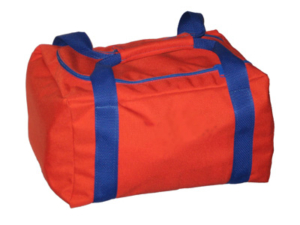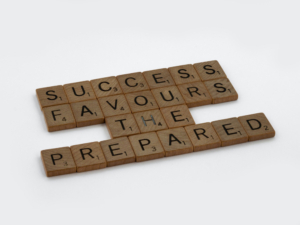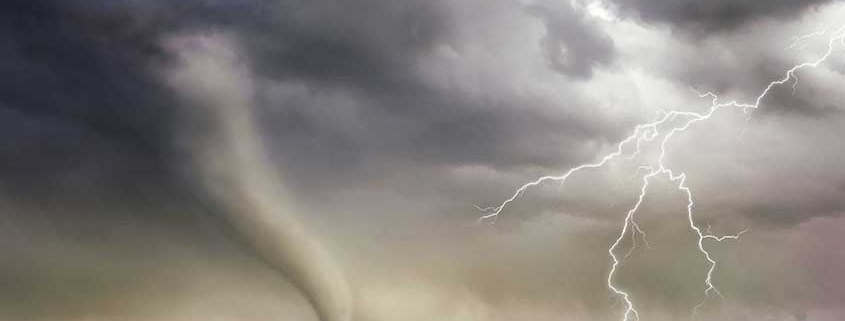Is You Family Ready for a Disaster? 10 Questions to Ask Yourself
To determine if you are ready for a disaster, ask yourselves these 10 questions.
#1 Do You Have a Family Emergency Plan in Place?
The foundation of disaster preparedness is a well-structured family emergency plan. Ask yourself if your family has a plan that includes communication strategies, designated meeting points, and evacuation routes. Are all family members familiar with the plan, and have you practiced it recently?
#2 Is Your Emergency Kit Complete and Up-to-Date?
A well-stocked emergency kit is a vital component of preparedness. Ensure that your kit contains non-perishable food, water, first aid supplies, flashlights, batteries, essential tools, and personal hygiene items. Regularly check and update the contents to meet your family’s specific needs.
Personal Experience: Just today I was cleaning out my laundry room, and I sifted through our family’s 72 hour kit. As I was going through the clothing items, I was able to pull out the items that are too small. I do not have full outfits for each person, but I do have clean sets of underwear, socks, and shirts for everyone. While in there I checked the expiration dates/ best before dates, and I am still set until 2025 before I need to replace any items.
Did you know that you can purchase our 4 personal basic or deluxe kits, and request additional items to modify to be a 5 person kit?

#3 Are You Informed About Local Hazards and Warnings?
Staying informed about potential hazards and current events in your area is crucial. Ask yourself if you receive up-to-date information through weather apps, emergency alerts, and community notifications. Being aware of local risks is essential for making informed decisions during an emergency.
#4 Have You Secured Your Home Against Disasters?
Your home should be a safe haven during a disaster. Assess whether you’ve taken steps to make your home disaster-resistant, such as reinforcing its structure, securing heavy furniture, or installing protective measures like storm shutters in hurricane-prone regions. Other ways to secure your home:
- Install smoke & CO detectors
- If your home is on a flood plain, keep sandbags accessible
- Insulate and weatherize
- Have a safe room, particularly if you live in an extreme storm area
#5 Is Your Financial Safety Net Established?
Financial preparedness often goes overlooked. Evaluate whether you have an emergency fund to cover unforeseen expenses and whether you possess insurance policies that adequately protect against disasters like floods, earthquakes, or wildfires. Ensure that essential financial documents are documented and stored securely.
#6 Are You Prepared for Evacuation?
In some circumstances, you may need to evacuate your home quickly. Evaluate whether you have a “go-bag” packed with essential items, clothing, important documents, and your emergency kit. Make sure your vehicle is in good working order and always has a full tank of gas.

#7 Is Your Family’s Health a Priority?
Good health is a valuable asset during a disaster. Ask yourself if your family maintains a healthy lifestyle, receives regular check-ups, and has an adequate supply of essential medications. Familiarize yourself with local health resources, such as clinics and hospitals, and have a first aid kit ready.
#8 Do You Engage with Your Community in Disaster Preparedness?
Community support is invaluable in disaster scenarios. Consider whether you collaborate with neighbors and local organizations to enhance disaster resilience. Building a support network that can assist during an emergency is essential.
#9 Have You Educated Your Family About Disaster Preparedness?
Education is empowering and can significantly impact your family’s preparedness. Determine whether your family members are knowledgeable about emergency equipment, basic first aid, and how to administer CPR if necessary. Consider practicing fire drills, mock-evacuations, and tornado protocols.
#10 Do You Regularly Review and Update Your Preparedness Measures?
Disaster preparedness is an ongoing process. Evaluate, review and update your emergency plan, kit, and evacuation routes. As your family’s needs and circumstances change, adapt your preparedness measures accordingly, just as I did with my families clothing (though, maybe wearing flood pants in a flood situation would be a win?).
Conclusion
Ask these ten essential preparedness questions to ensure that your family is truly ready for a disaster. By assessing your level of preparedness and making necessary adjustments, you can enhance your family’s ability to respond effectively in emergency situations. Remember, disaster preparedness is not just a choice; it’s a responsibility.



